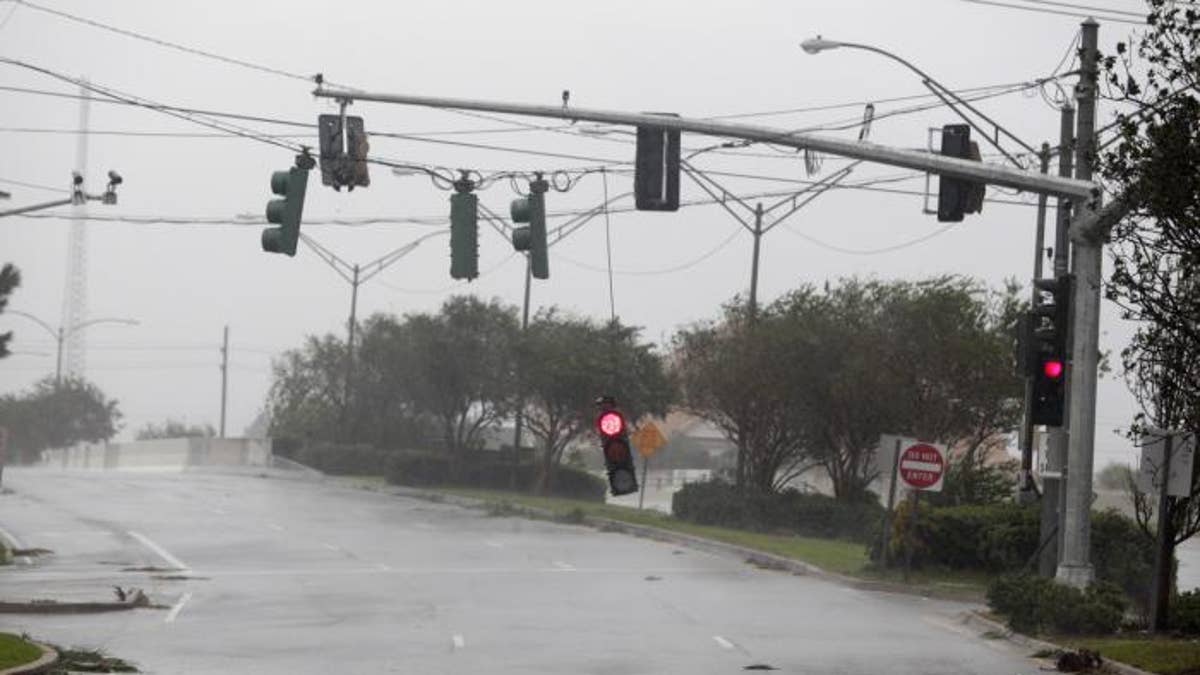
(Reuters)
As Hurricane Isaac makes landfall, we're reminded that it's never too soon or too late to be prepared for disasters.
Easy-to-follow guidelines on what every home should keep on hand in case of disaster are available from the Centers for Disease Control (CDC). The common items on disaster preparedness lists include: food and water for five days, first aid kits, battery powered flashlights, personal hygiene items, sleeping bags, cash and identification.
As an emergency physician, I strongly recommend keeping aspirin in your first aid kit. If a disaster occurs and you have a medical emergency, the roads could be impassable for emergency personnel. Significant stress, like enduring a disaster, increases the risk of a heart attack. If a heart attack occurs, taking aspirin can reduce your risk of death by almost 25 percent. It is often the first medication given in the ambulance or emergency department if you report chest pain. If you or a loved one encounter chest pain but the ambulance is delayed in responding during a disaster, you may be directed to chew an aspirin. Keeping this inexpensive medication on hand could literally save your life.
Another useful item for preventing injuries during disasters is a protective helmet. During hurricanes, tornadoes, tsunamis and even earthquakes, there can be flying debris. Wearing a protective helmet dramatically reduces the risk of suffering a concussion. It may not require much force to sustain a head injury.
Types of helmets for the best protection include bicycle, motorcycle and football helmets because they strap on tightly and stay fastened. At a minimum, a construction hard hat or a baseball helmet would be better than no protection.
Of course, during hurricane season, or any disaster, always follow the evacuation guidelines. No possession is worth your life. However, being prepared will help you stay healthy and recover from any disaster more quickly.
